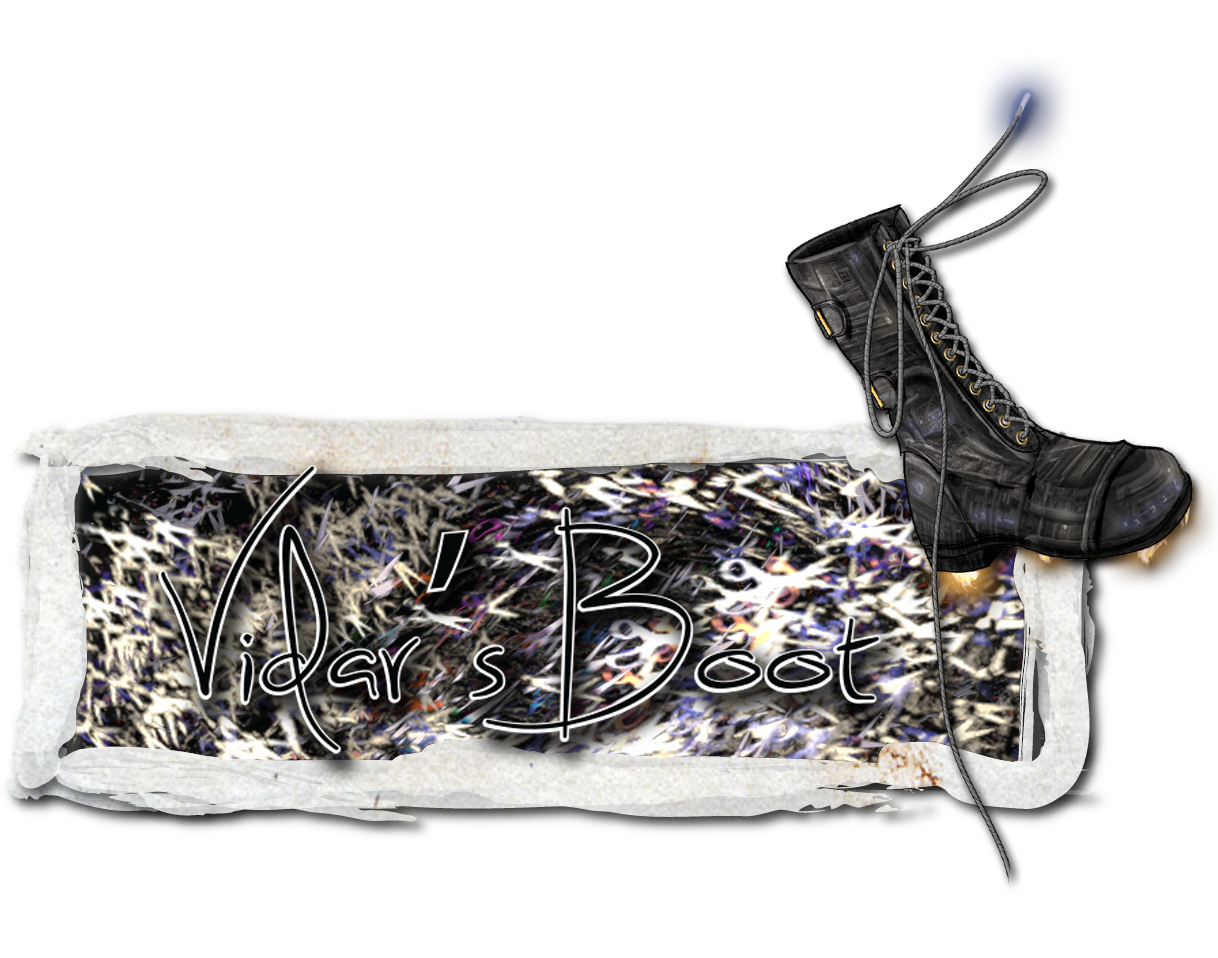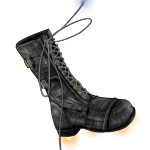– 3 –
The wolf is coming to eat the world.
There are armies marshalling. There are missiles coming, bombs being loaded, hard men prepping their weaponry for a fight.
The wolf is coming to eat the world.
There are children being born. There are children playing. There are children who have grown old and grey.
The wolf is coming to eat the world.
Starlight falls on the world, from Sirius, from Barnard’s Star, from Wolf 359, and most certainly from the sun. Plants grow. The ocean surges, rises, falls. Birds sing. Animals rustle in the brush.
The wolf is coming to eat the world.
And because the wolf is coming; because the wolf is free —
Jeremiah Clean gets on a plane.
He obtains a passport. He buys a ticket. He attempts to board a flight to England. He is detained by the TSA. They wish to ask him certain questions. They wish to interfere in the matters of Jeremiah Clean.
After a while they cease to have such desires and Jeremiah flies.
Jeremiah Clean cannot help noticing, over the course of the flight, how very messy the process is. He wants to adjust the flow of air over the wings. He reminds himself, repeatedly, that by doing so he will cause the gigantic metal box he is contained in to plummet helplessly into the sea.
“I would survive, but —
“It would not be so very cleanly,” he explains.
There is a baby crying two seats behind him. He silences it.
There is a woman a couple rows ahead of him whom he thinks might be a Muslim terrorist. There is a man sitting next to her whom Jeremiah is pretty sure is a merman who, doubtless as the result of some tawdry affair with said Muslim terrorist, has been given legs.
He explains these matters to the stewardess, who is dismissive.
“That’s ridiculous,” she says. “Someone has mis-explained the plot of the movie to you, sir.”
He sighs.
Now there’s no point in even watching Citizen Kane.
He eats peanuts that have been made at a factory that also processes peanuts. He allows the clean redundancy of that to reassure him, even when it seems like the creature on the wing of the airplane might be considering tearing it apart.
He watches a movie. He watches another movie. He plays games. He watches the merman slip off to the bathroom to pour water over himself to keep from drying out on the long plane flight. It’ll probably serve the merman right, he thinks, vaguely, when he discovers just how haunted the airplane bathroom is.
Jeremiah Clean is not very good at traveling. It is unnerving him. He cannot properly balance the pressure in his ears, because his heart is pure.
Finally he lands. He steps down onto solid ground again. His gravitas returns to him.
He walks through the British Isles.
He reaches the ruined Gulley mansion.
He turns his eyes towards the horizon, where he expects he’ll see the wolf.
Instead there is an Ed.
Edmund is staggering across the ruins. Edmund stops in front of him. Edmund looks him up and down.
“Oh,” says Edmund.
“It is cleaner,” says Jeremiah Clean, “to say ‘hello.’”
“Hello,” says Edmund.
“I am looking,” says Jeremiah Clean, “for a wolf.”
“Oh.”
“He is,” Jeremiah says, “Unclean.”
Edmund half-smiles. “He was always a very . . . furry . . . wolf. This one time, I went to put on shoes, you know, and they were completely full of loose Fenris fur.”
“Oh,” says Jeremiah Clean.
“It was exceedingly squishy.”
There is a pause. Jeremiah Clean starts to say something.
“So. Squishy,” emphasizes Edmund Gulley. His eyes are white with horrified reminiscence: there is no pupil and no iris in them. Then after a while he comes back to himself, orients on Jeremiah Clean, and he shrugs.
Jeremiah Clean is looking at him.
“You have bits,” Jeremiah says, “of flesh and blood, a little.” He gestures towards his lip. “Here.”
“Lots of corpses,” says Edmund. “Seemed kind of, you know, a waste.”
Jeremiah Clean isn’t sure whether disposing of corpses by eating them is cleanly or uncleanly. So he starts to walk past Edmund. But Edmund takes his arm.
“You’re going to fight the wolf?” says Edmund.
“Such things as giant wolves,” says Jeremiah Clean, “they oughtn’t be. They make the world too brutal. Too messy. Too . . . wrong.”
“I see,” Edmund says, because he does.
And listen. Listen. This is important. He was free — ish. He’d turned his back, you know. He’d walked away. He’d abandoned Fenris Wolf. But he doesn’t let the janitor’s judgment stand.
Edmund attacks.
I don’t mean that it’s good to try to eat people just because they say mean things about your wolf. You shouldn’t do that. I don’t mean that he has a chance or anything. He doesn’t. It’s Jeremiah Clean.
I just kind of like that he did that anyway.
And Jeremiah Clean pulls it from him, dusts him off, and sets him down. He leaves Edmund there, fresh and clean and smelling vaguely of a pine tree; no cannibalism in this boy, no wolf-gold, not even the nithrid arts. Not even especially good or bad, not any longer: just Edmund Gulley, a British boy.
Edmund looks after him, dazed, as he walks away.
Edmund Gulley’s heart beats a few more times.
It’s in a box in his pocket.
Then it stops, pretty much for that reason, and so does he.


